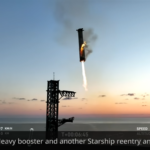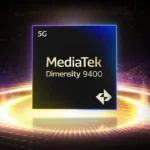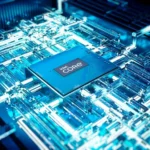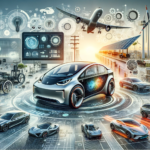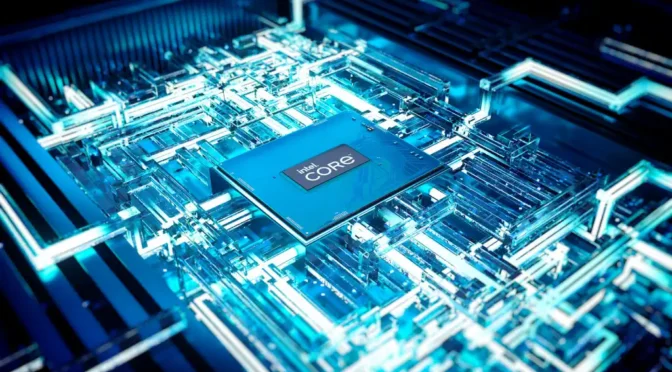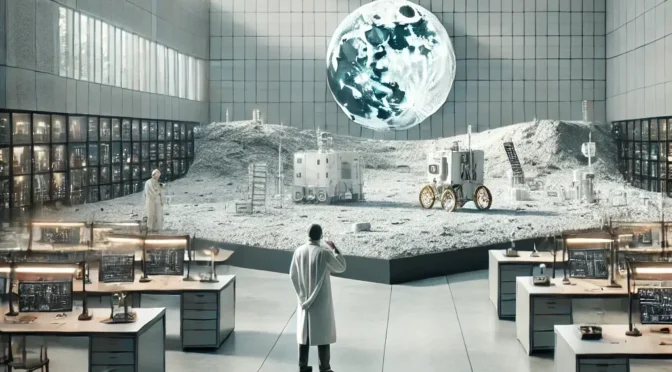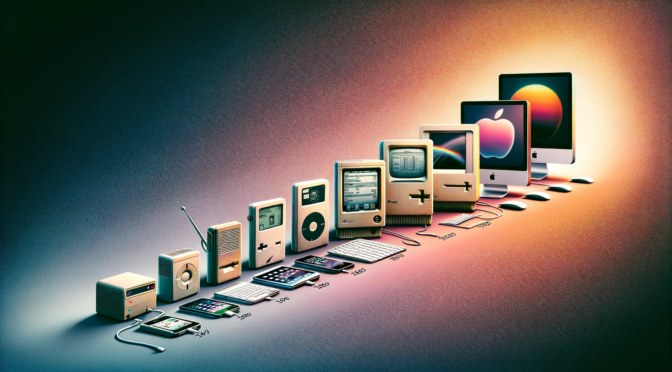[Image credit: Ubisoft]Ubisoft‘s Assassin’s Creed Shadows has postponed its release to ensure meticulous cultural and historical accuracy in its depiction of Japan. The game, now launching in February 2025, reflects Ubisoft’s dedication to quality and responsiveness to player feedback on cultural authenticity. This decision highlights the challenges and complexities of developing a deeply immersive and accurate historical video game.
Ubisoft has officially postponed the release of Assassin’s Creed Shadows to February 2025 (insider-gaming.com). Initially slated for November 2024, this decision follows the cancellation of its appearances at the Tokyo Game Show and various press previews. These actions fueled speculation about a possible delay, which Ubisoft later confirmed.
Assassin's Creed Shadows will now release February 14, 2025. pic.twitter.com/J2ah7kkytW
— Assassin's Creed (@assassinscreed) September 25, 2024
Tom Henderson, a highly respected insider in the gaming industry, explains that this delay partly stems from the poor performance of Star Wars Outlaws (insider-gaming.com). Ubisoft aims to provide the development team more time to refine the game and apply lessons learned from the Outlaws release. Henderson confirms both these points and provides additional context.
According to Henderson, Assassin’s Creed Shadows had not reached a development stage ready for a November release. The team had to rework several gameplay mechanics, necessitating more time to integrate these changes seamlessly.
Japanese players’ feedback also influenced the delay. They raised concerns about the game’s depiction of Japanese culture and historical accuracy. While rumors of major character cuts like Yasuke proved unfounded, Ubisoft is actively addressing these cultural and historical issues. This includes adjusting the portrayal of Yasuke and other historical and architectural details.
Henderson finds it surprising that such issues, normally resolved internally during the asset-approval process, have surfaced this late. He notes that historical experts were consulted later than usual, contributing to these oversights. Communication issues within the team also played a role.
Ultimately, Henderson reveals that several developers had advocated for a Assassin’s Creed delay much earlier. However, it took time for their concerns to influence senior management decisions.
Assassin’s Creed Shadows delay leads to launch on February 14, 2025, barring any further setbacks. This delay underscores Ubisoft’s commitment to delivering a game that not only entertains but also respects and accurately represents the cultures it portrays.



